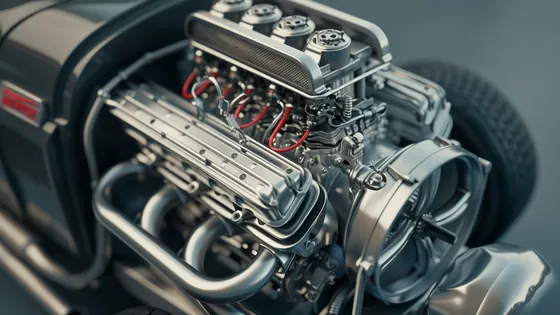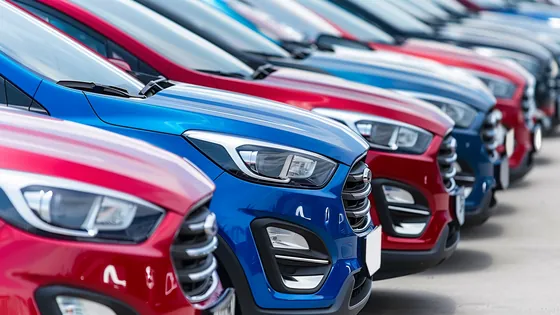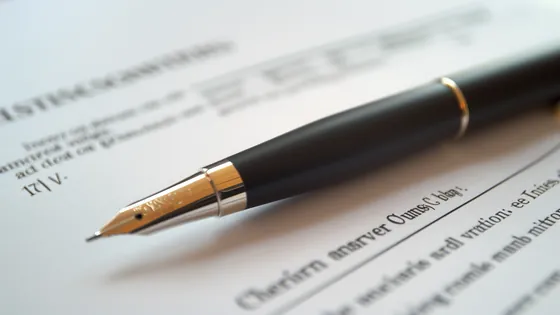The costs related to fuel represent a substantial part of the financial expenses for those who own vehicles, and diminishing fuel use brings about both fiscal benefits and positive effects on the environment by lessening damaging emissions. Whether it involves a personal or a commercial vehicle, a myriad of methods exists to lessen fuel usage and improve overall efficiency. This document will explore a variety of the most impactful strategies for minimizing fuel consumption.
Strategies for Proficient Driving

The skill with which one drives not only affects personal safety and that of others on the road but also plays a critical role in fuel efficiency. Proficient driving extends beyond mere vehicle operation; it includes adherence to specific standards that ensure the safety and comfort of both the operator and passengers. This discussion will cover essential facets of proficient driving and offer advice for becoming a more adept and confident motorist.
Concentration and Vigilance
A pivotal element of proficient driving is the maintenance of constant concentration and vigilance while behind the wheel. This demands the driver’s undivided attention to the road and its immediate environment, steering clear of any distractions such as using a mobile phone or conversing with passengers, which might detract from focusing on the task of driving.
Observance of Traffic Regulations

It is imperative to strictly observe traffic laws set forth by governing bodies to ensure both safety and efficiency in driving. This encompasses more than just adhering to speed limits and overtaking rules; it also involves following various other directives designed to protect all who share the road. Disregarding these rules could result in severe accidents and damage.
Driving Adaptability
The ability to adapt to variable road conditions and meteorological changes is crucial for safe and efficient driving. Conditions such as weather, the state of the road surface, and additional variables might necessitate modifications in driving practices and velocity. For instance, during wet conditions, it’s essential to slow down and increase the gap between vehicles to avert skidding and potential mishaps.
Vehicle Weight Reduction
Lowering a vehicle’s mass is crucial for boosting its performance and fuel economy. A lighter vehicle demands less energy for movement and provides improved control. Employing materials like aluminum and carbon fiber composites, which offer durability while lessening weight, is one approach to diminish the overall mass of a vehicle without sacrificing safety. Reducing a vehicle's weight not only augments fuel efficiency but also betters dynamic qualities such as acceleration and braking, thus enhancing the joy and safety of driving.
Efficient Trip Planning

Effective planning of trips can further aid in lowering fuel consumption by avoiding unnecessary driving. Recommendations for efficient route planning include:
- Merging errands to decrease the total number of trips.
- Using navigation tools to find the shortest and most efficient paths.
- Avoiding heavy traffic by choosing less busy travel times.
Choosing the Correct Fuel
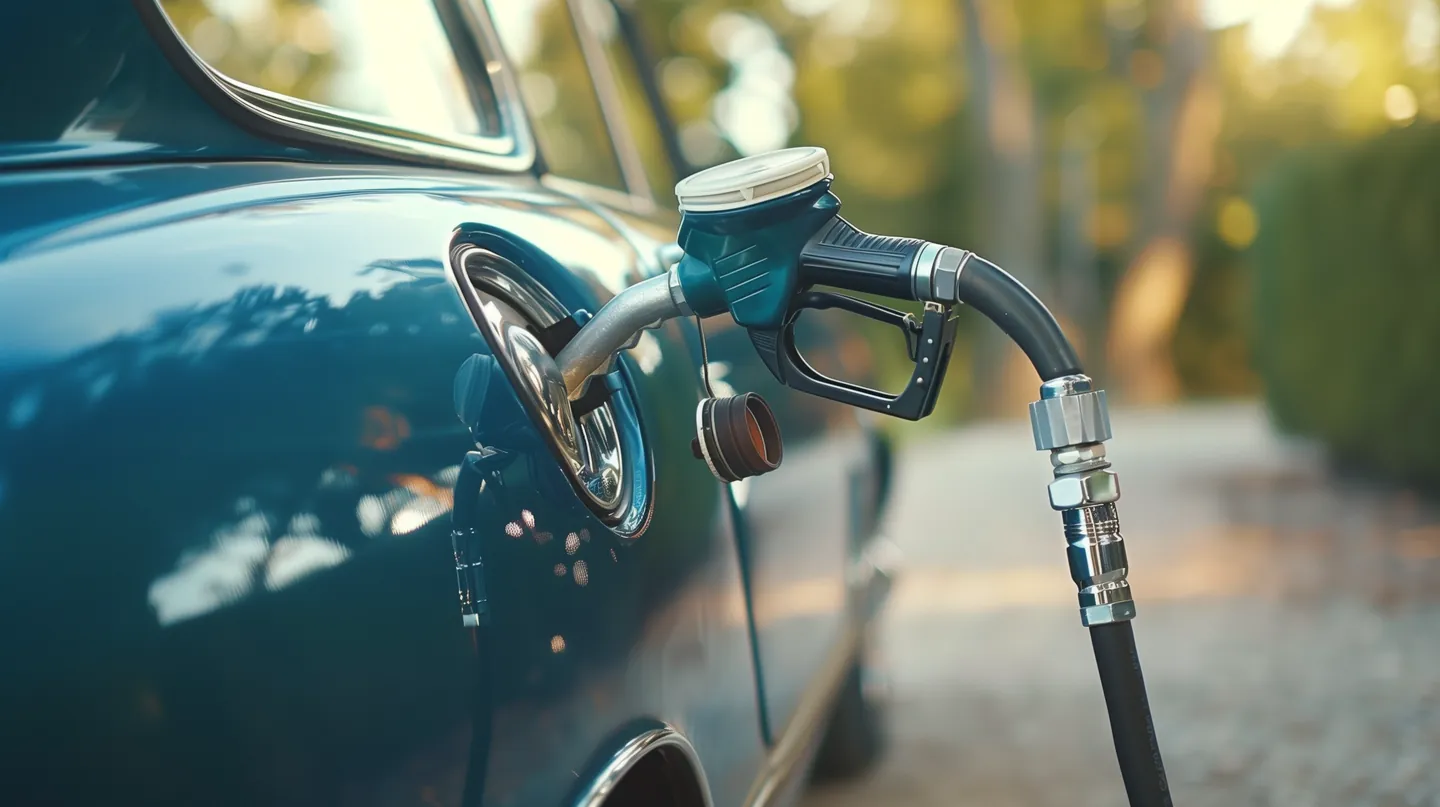
Selecting the right fuel is crucial for the smooth functioning of your vehicle. Different engine types require distinct kinds of fuel, so following the manufacturer's guidance is essential. For engines running on gasoline, choosing a fuel with the correct octane level as recommended in the vehicle’s manual is important. Compromising fuel quality could lead to diminished performance and possible engine harm. For diesel engines, choosing premium diesel fuel is vital for the effective functioning of the injection system and to prevent deposits in the fuel filters.
Moderation in Speed
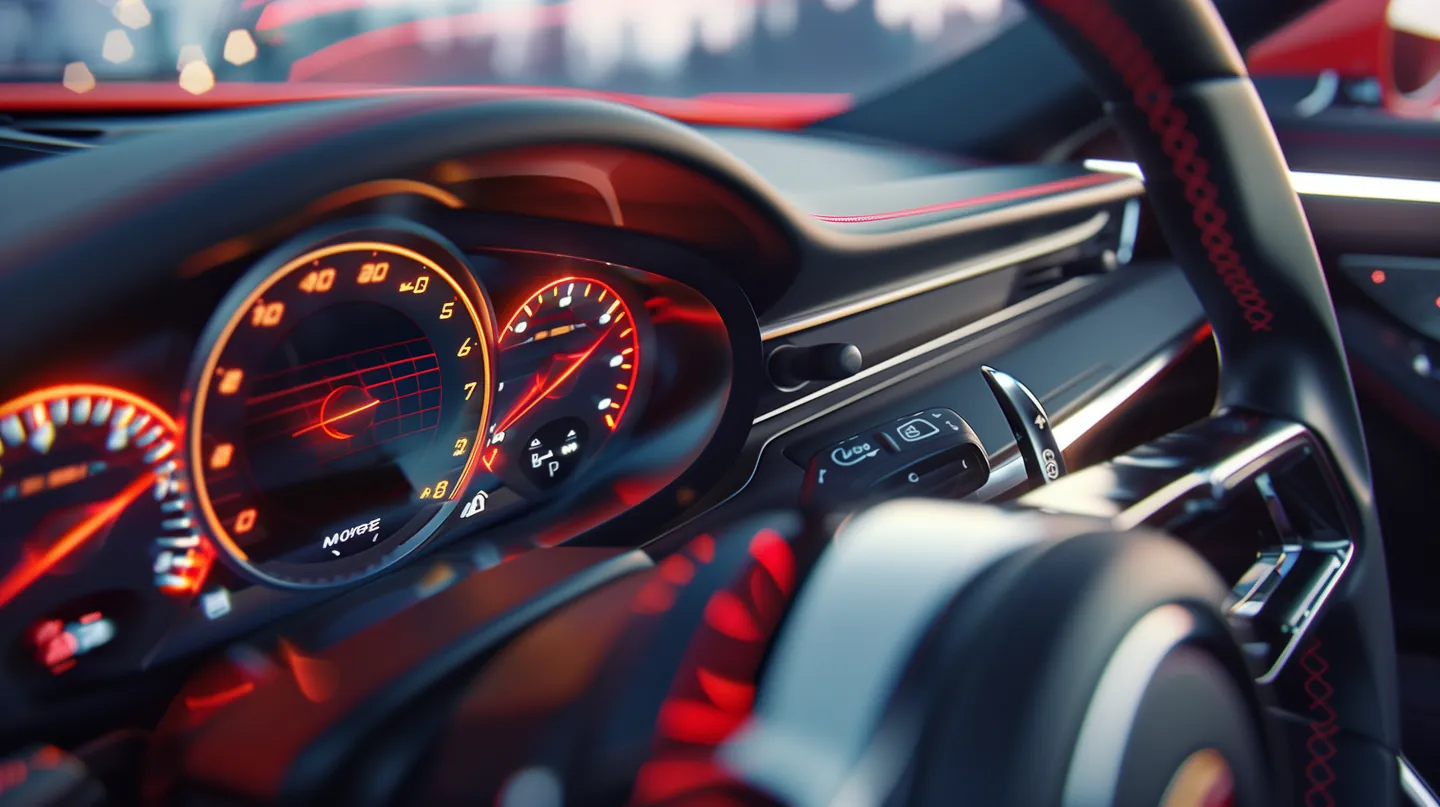
Reducing your speed not only increases safety but also significantly cuts down on fuel usage. Driving at a gentle pace uses considerably less fuel compared to high-speed driving. High velocities increase air resistance, which in turn boosts fuel consumption. Lowering your speed helps to counteract this resistance, thus diminishing fuel use. Moreover, smooth acceleration and deceleration at reduced speeds further contribute to conserving fuel. Prudent use of the accelerator and brake pedals helps in making efficient use of the vehicle's energy.
Holistic Driving Practices
Applying comprehensive vehicle management practices can markedly decrease fuel consumption. Holistic driving methods integrate various strategies aimed at conserving fuel. Important among these are smooth acceleration and braking, as sudden movements lead to higher fuel use. Additionally, keeping a steady speed and avoiding frequent speed adjustments also helps in saving fuel. Efficient planning of routes is vital. Dodging traffic jams and choosing shorter paths reduce both travel time and fuel consumption. Holistic driving practices also emphasize proper vehicle upkeep. Routine maintenance such as oil changes, checking tire pressure, and inspecting the brake system are crucial for optimal engine performance. In summary, embracing holistic driving practices significantly reduces fuel consumption and boosts vehicle efficiency, marking an essential step towards more responsible and economical resource use on the roads.
Conclusion

In essence, decreasing fuel consumption in vehicles offers not only economic rewards but also aids in reducing noxious emissions in the atmosphere. Through simple practices like regular vehicle maintenance, adhering to suggested tire pressures, optimizing driving techniques, reducing weight, and using quality fuel, motorists can considerably lower fuel use. These actions not only lead to savings by cutting down on fuel costs but also promote sustainable development by lessening the ecological footprint of vehicles. Remember, every initiative towards cutting fuel consumption not only benefits one financially but also helps in safeguarding the environment.



